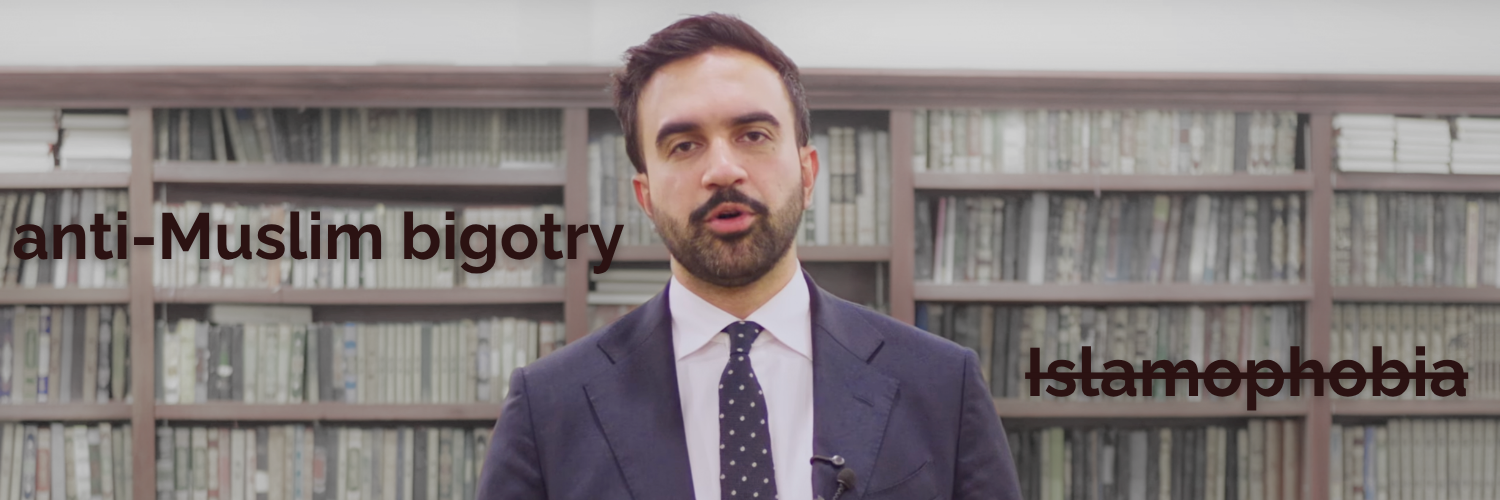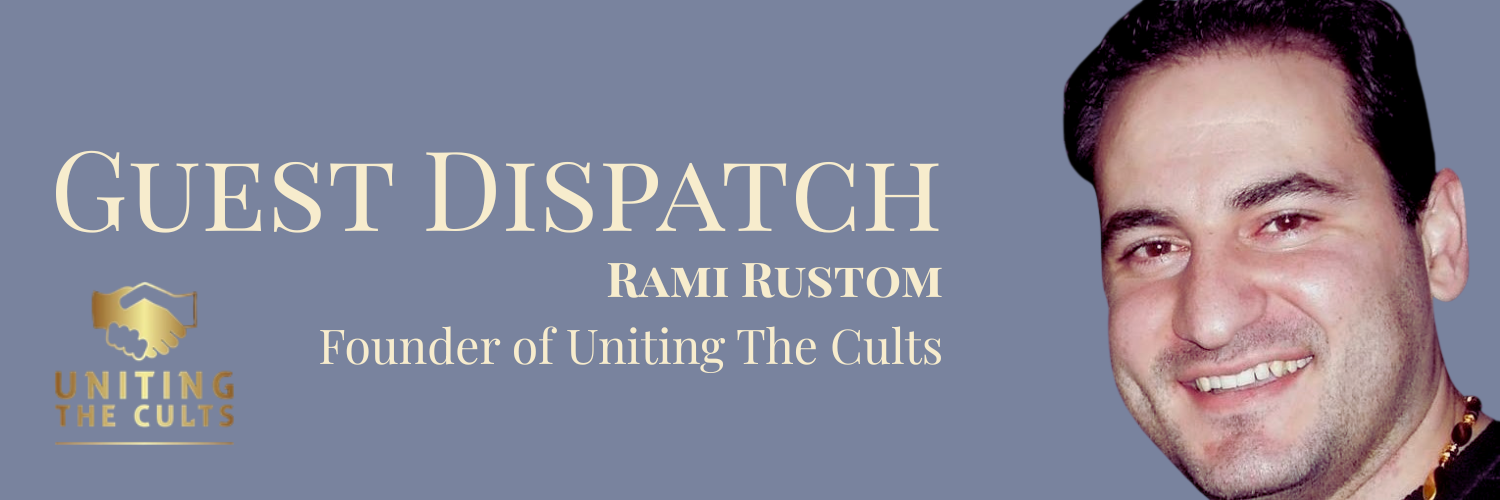Happy Halloween, Heathens
This week’s Unbelief Brief looks at Zohran Mamdani’s call to confront “Islamophobia” as he nears a historic mayoral win. While prejudice against Muslims is real and wrong, the term too often blurs the line between criticism and bigotry — silencing dissenting voices, especially ex-Muslims. And in time for Halloween, Guest Dispatch by Rami Rustom examines Islam’s belief in jinn and the afterlife through the lens of science and reason.
Unbelief Brief

There are mere days remaining in New York City’s mayoral election, and it is very likely that Zohran Mamdani will become the first Muslim mayor of America’s largest city. By any measure, this is indeed a momentous event. While it is not our role to judge the wisdom of Mamdani’s policy platform, in a recent video from his campaign, Mamdani placed a new emphasis on his Muslim faith. He decried “Islamophobic” attacks against his candidacy while expressing indignation on behalf of the city’s Muslims, who, he said, must live too often “in the shadows.”
It is, of course, correct that Muslim New Yorkers have the right to live their lives in peace and dignity, free from discrimination. It is also true that many of the attacks against Mamdani have directly or indirectly alluded to his being Muslim, including a radio host’s recent statement that the candidate would celebrate another 9/11. Some of this fretting has bordered on hysterical.
Mamdani’s views on local, national, and international politics are not exempt from criticism. It is no secret that he is a committed leftist, but he is clearly no Islamist. It is somewhat ironic that, although he will likely be New York City’s first Muslim mayor, he is a terrible representative for traditional Islamic doctrine. Mamdani toes the progressive line on issues of gender and sexuality, and he appears committed to multiethnic democracy and pluralism.
Like many liberal Muslims (or liberal adherents of other Abrahamic religions), Mamdani may be guilty of ignorance or cognitive dissonance with respect to his faith’s incompatibility with progressive ideas. His photo-op with an anti-gay imam certainly seems to indicate this (plus another with an anti-gay Ugandan politician, who is Christian). But his own views are quite clear.
As Mamdani closes his campaign with a message against “Islamophobia,” his and pundits’ use of that term reinforces the idea that any criticism of Islam necessarily entails hatred of Muslims. A multiethnic democracy must recognize the distinction between ideas and the rights of individuals. We, too, denounce anti-Muslim bigotry — a term we deliberately use in place of “Islamophobia”. We also maintain that the Qur’an and hadith espouse a regressive, misogynistic, homophobic, and violent worldview.
Lastly, it’s worth remembering that the discrimination Mamdani decries is also faced by ex-Muslims: because they still, after all, “look Muslim.” But there is another set of challenges ex-Muslims also face: the usually negative response to their apostasy from their former religious community and the threat of violence that can entail. In conversations about anti-Muslim bigotry, their perspectives are still largely sidelined or ignored. And far too often, ex-Muslims are the ones who receive the most biting accusations of “Islamophobia,” a term which functions to silence any criticisms they raise.
Guest Dispatch

Jinns, Souls, and the Afterlife: A Scientific Critique
Guest essay by Rami Rustom, Founder of Uniting The Cults
Long before Islam, belief in unseen spirits filled the Arabian deserts. Jinns, creatures of “smokeless fire”, were part of pagan mythology, thought to engage in evil mischief, whisper to poets, and cause madness. Islam absorbed these older superstitions, giving them theological authority (Qur’an 55:15). Like Halloween’s ghosts, they reflected early efforts to explain a mysterious world with limited knowledge.
But myth is not made real merely by belief. The Qur’an’s claim that humans were created from clay and jinn from fire was never based on evidence. Biology shows that life arises from organic chemistry, not soil or flame. Physics tells us that energy cannot spontaneously form intelligent beings. The idea remains just as implausible then as it is impossible now.
The same logic applies to the soul. We do, in fact, know what happens after death: our bodies decay, returning to the elements, and those who loved us grieve our absence. For anything beyond that to occur, we would have to reintroduce the very idea of a soul; a claim that collapses under scientific scrutiny. Consciousness depends entirely on the brain. When its structures fail, memory, personality, and thought disappear with it. And what was once blamed on spirits; epilepsy, infection, psychological distress, now has concrete scientific explanations. Where people once saw jinn, we now see neurons and microbes.
Science does not erase mystery, but it replaces speculation with understanding. What was once described through myth is now illuminated by evidence. And that, ultimately, is a far more wondrous truth.
Until next week,
The Team at Ex-Muslims of North America
P.S. We’d love to hear from you! Share your feedback at [email protected].
